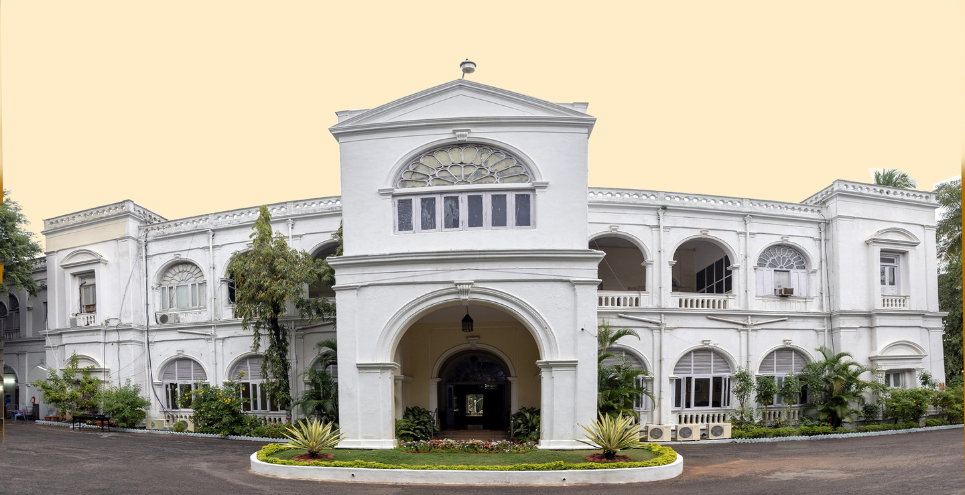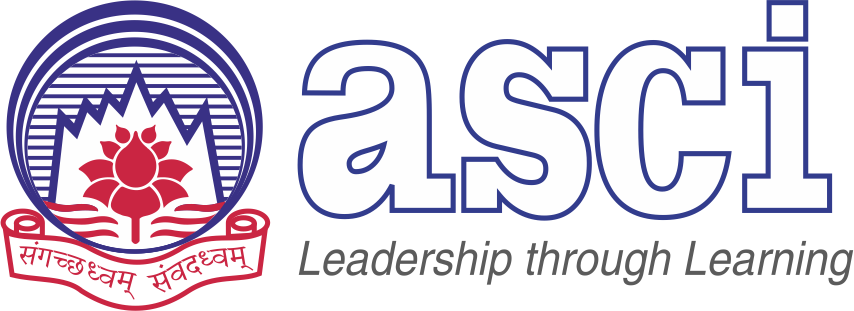Advanced Financial Modelling: Techniques for Forecasting Valuation and Risk Management – Programme Overview
This training programme is aligned with the Karmayogi competency on Financial Management and Data Analytics.
The Advanced Financial Modelling: Techniques for Forecasting Valuation and Risk Management programme offers a practical, hands-on approach to mastering financial modeling. Participants will learn how to prepare accurate financial statements, forecast company performance, and apply advanced valuation and risk management techniques. By integrating historical data, industry best practices, and carefully crafted assumptions, the programme equips participants with the skills to build robust, error-free financial models that are essential for strategic decision-making.
This five-day programme covers critical financial modeling applications, including forecasting, valuation, and risk analysis, while leveraging Microsoft Excel as a powerful modeling tool. Participants will explore the integration of accounting, finance, and key business metrics to design comprehensive models that support informed decision-making and align with strategic goals.
IMPACT
- Gain a deep understanding of advanced techniques for financial forecasting, valuation, and risk management.
- Develop practical skills in designing and building functional financial models using spreadsheet tools.
- Create dynamic models with multiple scenarios to evaluate business outcomes and risks.
- Perform sensitivity and scenario analyses to quantify and communicate risks effectively.
- Build confidence in applying financial modeling techniques to real-world business challenges, including mergers, acquisitions, and funding strategies.
PROGRAMME CONTENT
Day 1: Financial Statement Analysis
Understanding GAAP/IFRS-aligned financial statements: Income Statements, Balance Sheets, and Cash Flow Statements. Foundational analytical techniques such as Common Size Analysis, Trend Analysis, Ratio Analysis (liquidity, solvency, profitability), and DuPont Analysis. Establishing the groundwork for integrated and error-resistant financial models.
Day 2: Valuation Techniques and Time Value of Money
Application of the Time Value of Money (TVM) in valuation frameworks. Calculation of Net Present Value (NPV), Internal Rate of Return (IRR), and Weighted Average Cost of Capital (WACC). Construction of Discounted Cash Flow (DCF) models. Hands-on simulations for evaluating mergers, acquisitions, capital projects, and investment opportunities.
Day 3: Quantitative Risk Assessment
Analysis of risk metrics such as Standard Deviation, Beta, and Sharpe Ratio. Introduction to volatility modelling techniques including ARCH and GARCH frameworks. Applying risk assessment methods to asset classes (equities, FX, commodities) using real-world financial market data.
Day 4: Advanced Risk Quantification
Computation of Value at Risk (VaR) using parametric, historical, and Monte Carlo methods. Model validation through backtesting and simulation of complex risk scenarios including portfolio losses and derivatives pricing. Case studies on stress-testing financial resilience.
Day 5: Forecasting and Scenario Analysis
Implementing advanced forecasting methodologies including time-series analysis (ARIMA, exponential smoothing) and regression modelling. Construction of dynamic Excel-based models, conducting scenario and sensitivity analyses, and using visualization tools (Power BI/Tableau) for effective communication. Best practices for presenting technical models to non-technical stakeholders.
PARTICIPANT PROFILE
Senior executives, corporate executives involved in financial decision-making, and professionals and research scholars dealing with financial data can enhance their knowledge of financial modeling and obtain practical insights into the subject. The programme also applies to executives responsible for achieving performance targets and making decisions based on financial information.
VENUE
The programme is fully residential and the participants will be accommodated in air-conditioned single occupancy rooms. The college does not provide accommodation for the family. The college is Wi-Fi enabled in a comprehensive way.
DURATION
The programme duration is 5 days, from January 19–23, 2026. Participants are expected to arrive a day before commencement and may leave after the conclusion of the programme.
PROGRAMME FEE
Residential Fee: ₹69,500 per participant (US $1086 for foreign participants) plus GST as applicable (currently 18%). The fee covers tuition, board and lodging, courseware (in electronic form), and other facilities of the College including internet usage.
Non-Residential Fee: ₹59,500 plus GST as applicable (currently 18%) per participant. The fee covers tuition, courseware (in electronic form), working lunch, and other facilities of the College including internet usage.
A discount of 10% on the programme fee will be offered for three or more participants from the same organisation, provided payment is credited before January 17, 2026.
MEDICAL INSURANCE
The nominees are requested to carry proof of medical insurance. The sponsoring agency is required to endorse the nominees' medical coverage in the event of hospitalization.
LAST DATE FOR NOMINATION
Please use the prescribed nomination form. Last date for receiving nominations is January 12, 2026. Kindly contact the Programmes Officer for further details.
LAST DATE FOR WITHDRAWAL
January 17, 2026. Any withdrawals after this date will entail forfeiture of the programme fee, if paid.
ASCI ALUMNI ASSOCIATION
Participants of the College programmes will automatically become members of the ASCI Alumni Association, fostering continued learning and networking.
CERTIFICATE OF PARTICIPATION
A Certificate of Participation will be awarded to all participants upon successful completion of the programme.
PROGRAMME DIRECTOR
Dr. Mohd Mujahed Ali
Email: [email protected]

